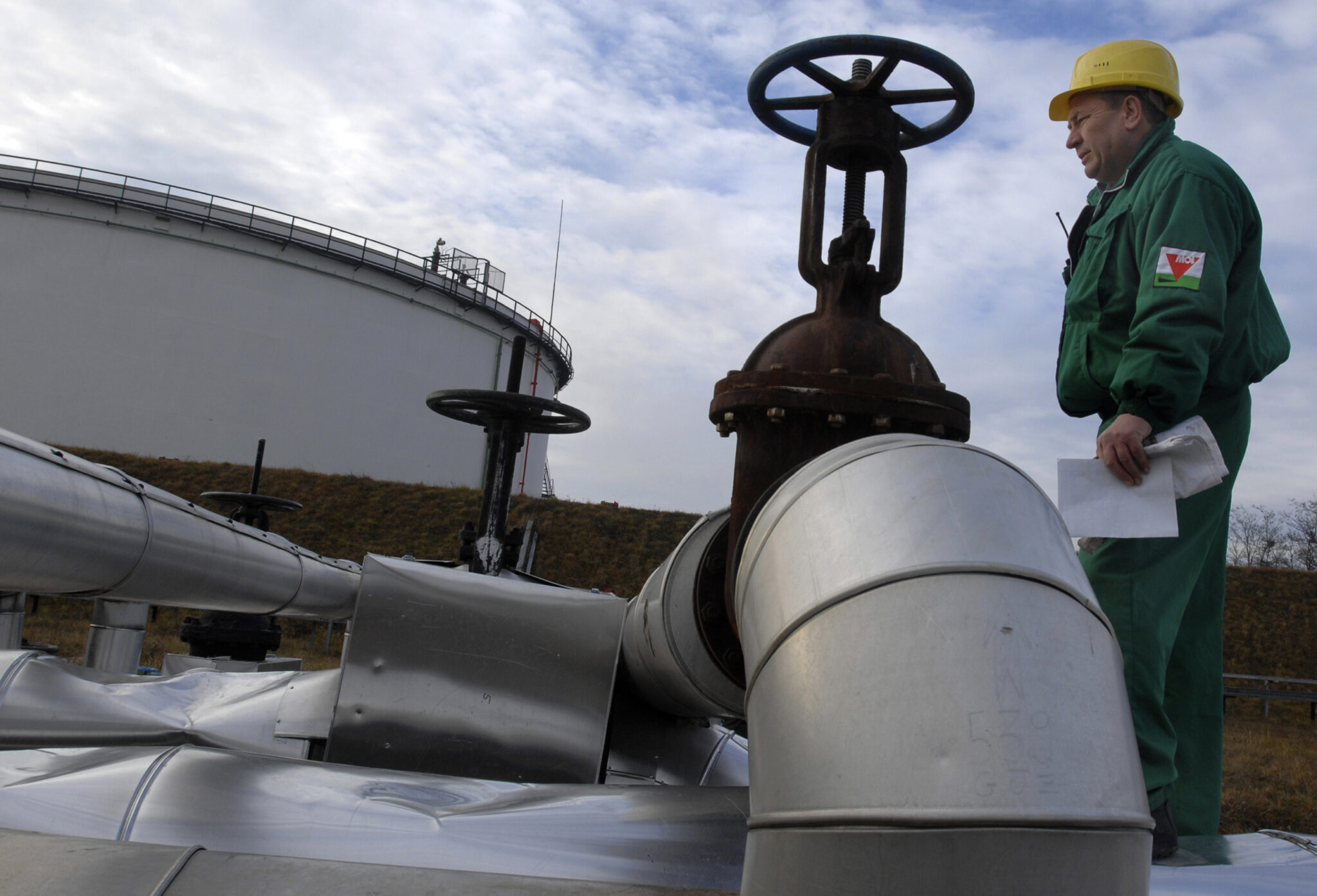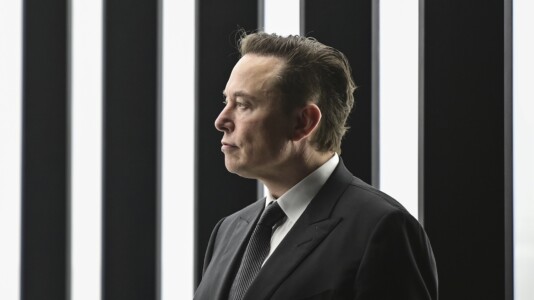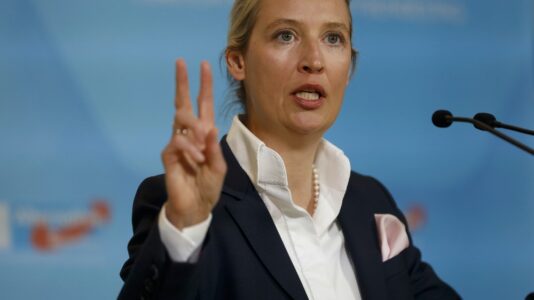While the countries supporting sanctions and the European Commission welcome the Jan. 1 termination of Ukrainian gas transit due to the reduction in Russian gas purchases, those representing a more moderate position warn of the economic and social consequences, says energy market expert Olivér Hortay, president of the Századvég Economic Processes Research Institute, in an interview with Magyar Nemzet.
“The former argue that the halt in transit is a positive development, because the EU will no longer buy Russian gas on this route, and they also repeatedly state that the EU is prepared for the cessation of transit. In contrast, representatives of the more moderate position emphasize that the halt in Ukrainian transit will have harmful consequences for the entire European community,” Olivér Hortay said.
“The former group typically approaches the issue from the quantity side, and in this sense they are right that in the short term, the transit stoppage will not cause an acute supply problem. After all, the reserves of all EU member states, together with alternative procurement routes, make it possible to replace the missing quantity during this year’s heating season. It is true that there are challenges in the case of Slovakia and Austria, but the situation can also be solved there with the help of the relatively large amount of stored energy sources and alternative procurement,“ explained the energy market expert.
However, this does not mean that the EU is actually benefiting from the closure of Ukrainian gas transit taps. “On the first trading day of this year, European gas exchanges opened above last year’s highest price, which immediately showed how harmful the supply shortage is,” Hortay pointed out.
Moreover, the gas markets of the member states are highly interconnected, meaning that the negative consequences affect all countries. The states most affected will have to face additional disadvantages.
“(Slovak PM) Robert Fico previously said that the new sources of supply are much more expensive for Slovakia, simply because it will have to buy natural gas via a longer route, through more countries, and therefore at higher transit costs. According to Fico, the Ukrainian president’s move will increase costs for the entire European Union, as a result of which EU member states may face a total of €60 billion to €70 billion in additional expenses due to higher gas and electricity prices,” said the expert.
This is also due to competitiveness.
“The fact that the transit shutdown will cause economic difficulties for the European community is important because the EU’s most serious competitiveness problem, as stated in the Draghi report, is the high price of energy carriers. Today, European companies pay four to five times as much for natural gas as Americans. This disadvantage could only be overcome if much more gas than currently arrives comes into the region, so that the expansion of supply would depress prices,” Hortay continued.
Speaking about the longer-term prospects regarding how the affected countries will make up for the lost volumes, Hortay said that Austria will probably increase its purchases from the West and may deplete its stored gas reserves at a faster rate, and Slovakia may also do this. From Hungary’s perspective, however, the unfavorable situation may present an opportunity in that the loss of Ukrainian transit may accelerate the trend that has been developing for several years whereby Hungary shifts to the role of a regional gas distributor.
In recent years, Hungary has shifted its Russian gas purchases from the Ukrainian direction to the south, built its trade relations with other eastern partners, and built and developed its cross-border capacities, thus becoming a gateway for gas coming from the East.
This is beneficial for Hungary for two reasons. On the one hand, due to transit revenues, Ukraine, for example, loses over $1 billion a year by closing its gas taps, and on the other hand, its geopolitical position is strengthened: the energy supply of neighboring countries will depend on energy shipments passing through Hungary.
This role previously belonged to Austria, but if the Ukrainian transit still does not start, Austria may lose this position permanently, according to the expert.
Olivér Hortay also recalled that Hungary sold a record amount of natural gas to Slovakia last year, and in contrast to the situation a few years ago, gas typically flowed eastward on the Hungarian-Ukrainian border. Capacities in the northern direction have been increased with various technical solutions in the recent period, and the really big question going forward will be whether the capacity of the TurkStream can be increased, and if so, when. All of the countries involved, including Hungary, have indicated on several occasions that they would support such an investment.
The European Commission has also contributed to the shrinking supply, making natural gas more expensive overall, says Hortay. Hungary, on the other hand, is in favor of so-called diversification, meaning that it believes that as many suppliers and as many routes as possible should be allowed to bring natural gas to the European market, allowing players to compete with each other, thus driving prices down.
In order for all of this to happen, capacity expansions are necessary, and in recent years there has been significant progress in this area, and the trend is likely to continue, concluded Olivér Hortay.






